| Matt Reynolds,
Associate Editor, Books Christianity Today |
Tuesday, April 11, 2017
A Book for Big-Tent Evangelicals
Almost inevitably, when the editors of Christianity Today
get together to reflect on the mission of our magazine, we invoke a
particular phrase: "big-tent evangelicalism." The noun and
its modifier imply a delicate balancing act. On the one hand, we're
evangelicals, and that means we're fiercely
committed to certain beliefs about God and man, sin and redemption, church and community. But we don't want to draw the
circle too tight. As big-tent evangelicals, we strive for a generous, warm-hearted appreciation of the different
traditions and expressions that give shape and flavor to our movement.
Gordon T. Smith, president of Ambrose University and Seminary
in Calgary, Alberta, has written a book that epitomizes big-tent evangelicalism at its best. It carries a wonderfully clear
and self-explanatory title, Evangelical, Sacramental,
Pentecostal: Why the Church Should Be All Three. The moment this book arrived in my office mailbox, I knew it deserved
a major review.
Smith
makes a bold case for reuniting strains of evangelicalism
that typically flow in different directions. Our reviewer,
Australian theologian Michael Bird, emphasizes that "what Smith
offers is no airy-fairy ecumenical project. His point is not
simply that we can learn from different traditions, but rather
that we need each other to survive and thrive in the modern world."
"Anyone," Bird concludes, "who has read Acts 2:42-47 can see
that the church is meant to be a community of Spirit, Word, and sacrament. If we prioritize one of these and neglect the
other two, we risk severing the main arteries that supply divine life to the church and the nourishment required for a
healthy spirituality."
Learning From the Different Tribes
A couple years ago, Collin Hansen, a former CT editor who now
works as editorial director for The Gospel Coalition, wrote a book that comes at big-tent evangelicalism from a different
angle. Whereas Gordon Smith looks at relatively formalized theological and liturgical traditions, Hansen wanted to talk
about the problems of insularity and division among the church's tribes. In other words, its informal subcultures,
each with their animating passion—for apologetics, for missions, for social justice, and the list goes on.
Hansen
wasn't really hoping to see these tribes disappear. After
all, he himself was a committed member of a particular tribe: the
"young, restless, and Reformed" believers who thrill to John
Piper sermons and don "Jonathan Edwards Is My Homeboy" apparel.
(Hansen literally wrote the book
on this movement.)
But he sensed that Christian tribes, including his own, were slow
to recognize both their own weaknesses and the strengths that
outsiders contribute. The resulting book Blind Spots: Becoming a Courageous, Compassionate, and Commissioned Church, became a nominee for CT's Beautiful Orthodoxy book award.
From Fred Sanders's wonderful review:
"Hansen proposes that Christians learn from believers who make them
uncomfortable, because the ones who annoy us are likely the
ones we need most. Instead of trying to be well-rounded, we should
settle for being well-surrounded. If we can't embody all the
strengths of every Christian tribe, we can at least associate with
brothers and sisters who have what we lack (and lack what we
have)."
To reply to this newsletter: ctbooks@christianitytoday.com
Subscribe to:
Post Comments (Atom)



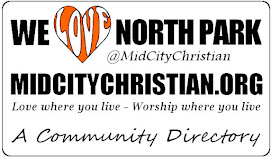



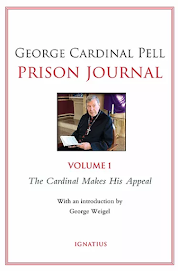

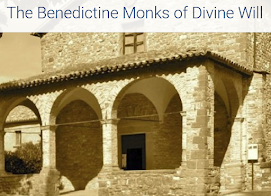


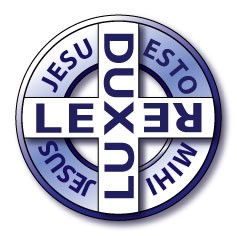

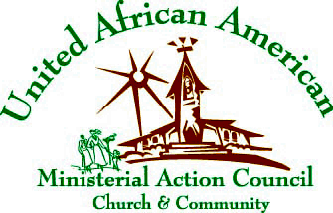

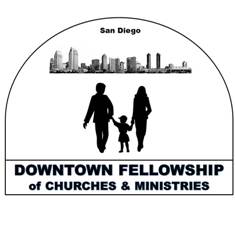




No comments:
Post a Comment